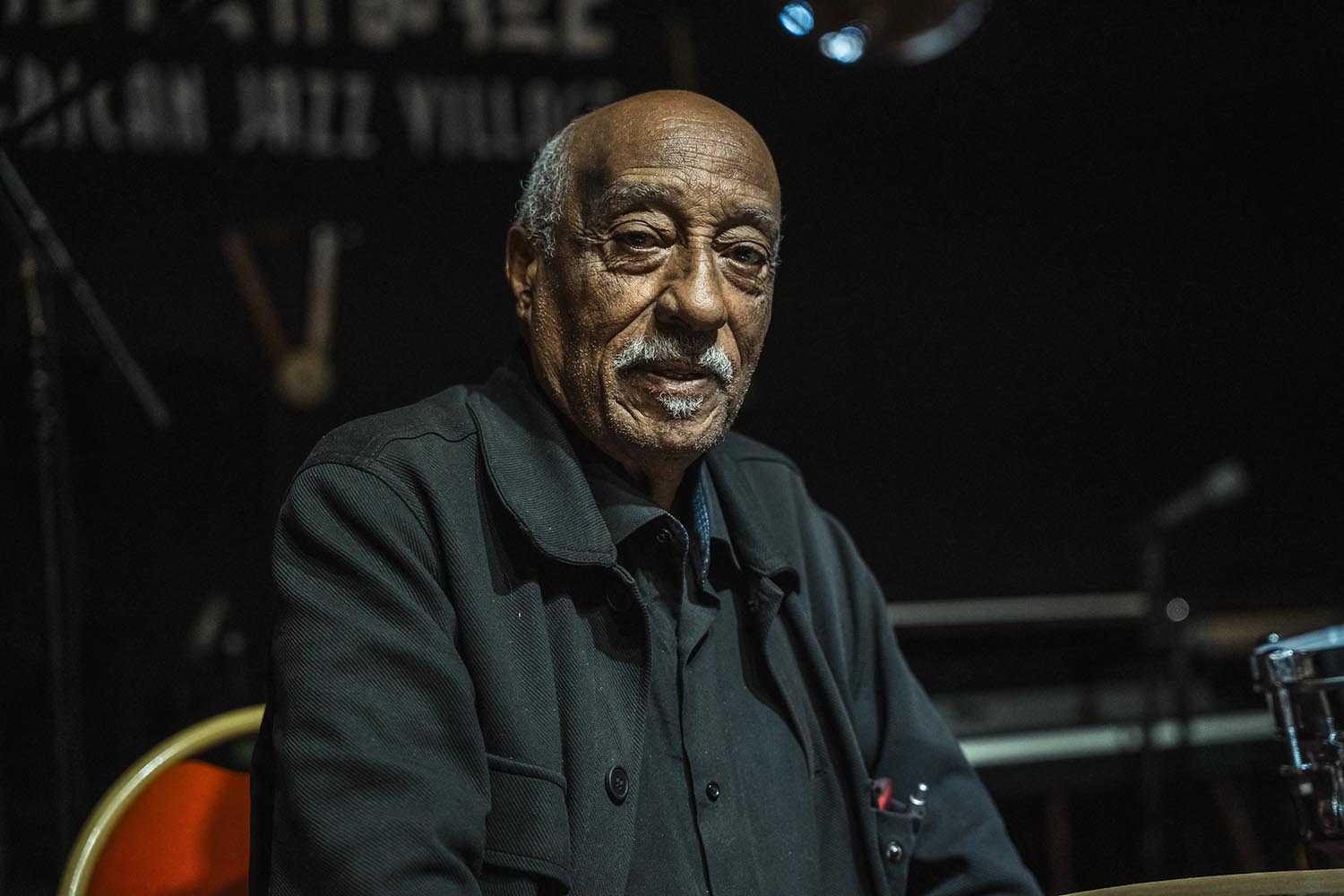Jade
That’s Showbiz Baby!
(Sony)
It’s not exactly breaking news that fame is a hell pit that amplifies humanity’s worst instincts, only made tolerable by money and the double-edged validation of thousands of fickle onlookers. Jade Thirlwall, once of Little Mix, is the latest manufactured band survivor to boggle at celebrity. That she chose to do so with her 2024 debut single, Angel of My Dreams – a multi-speed, genre-mangling romp through her own ambivalence that casts fame as a problematic beau – is to her considerable credit. That she led chants against Reform, benefit cuts, transphobia and genocide at Glastonbury proves she has more agency and perspective than many singers in her once too-tight shoes.
That’s Showbiz Baby! reflects Jade’s post-Simon Cowell pop nous and her vocal range: Beyoncé’s Renaissance and Lady Gaga are two big reference points. The acrylic vibes of Midnight Cowboy find her rapping in a delicate soprano, while the self-explanatory It Girl goes clubbing just as hard. FUFN (Fuck You for Now) takes aim at toxic partners, real and conceptual. Front-loaded with five strong singles, the tail end of the record lulls, with Before You Break My Heart riffing a little too hard on the Supremes. But Natural at Disaster starts as a waltz-time ballad and turns into something epic – another convincing rug-pull moment. By Kitty Empire

Ed Sheeran
Play
(Atlantic)
We’ve reached Ed Sheeran’s era of decline. The 34-year-old is such a proficient songwriter that we’ll eventually see his return to form, but this isn’t it. As ever, he sings beautifully, the enjoyable Opening flaunting both his dog-bothering falsetto and his endearingly squeaky rapping. And Play isn’t as wan as 2023’s Autumn Variations. There’s as much death and loathing in the lyrics as sex and loving, yet A Little More and Don’t Look Down are breezily efficient pop worthy of a Kitemark. We should be proud of this great British export, the most ubiquitous since the Keep Calm tea towel.
Alarmingly, it seems that Play begins a quintet of remote control button-themed titles (Pause, Rewind, Fast-Forward and Stop to come), following his five albums named after mathematical symbols. We all need predictability sometimes, but it isn’t what we crave from pop. Play lacks the shock of the new, and we don’t need four more similar efforts to come; no more of these ballads that sound as if they haunt the meal-for-one aisle every Valentine’s Day, reeking of Lynx Africa. By Damien Morris

Sophie Ellis-Bextor
Perimenopop
(Decca)
Thanks to a memorable bit of naked strutting from Barry Keoghan in the film Saltburn, the mind-boggling resurgence of Murder on the Dancefloor more than two decades after its original outing has clearly put a spring in the step of Sophie Ellis-Bextor. Though the transgressive promise of Perimenopop’s midlife-nodding title rarely amounts to much – these are songs concerned wholly with romance, dancing and escapism rather than the reality of hot sweats and fatigue – there’s an effervescence and playfulness to the album’s disco shimmy born of a confident spritz of new energy.
The Saltburn effect has clearly plumped up Ellis-Bextor’s contacts list too. Selena Gomez is credited on the sultry flutter of Stay On Me; Nile Rodgers adds his distinctive guitars to Diamond in the Dark; and Brat collaborator Finn Keane brings a future-facing slant to the synthy Heart Sing. For the most part, however, Perimenopop doesn’t innovate, yet unashamedly does what Ellis-Bextor does best: glitzy, breezy pop. It’s unlikely to incite any crimes of passion, but as a slice of easy dancefloor fun it charms. By Lisa Wright

Mulatu Astatke
Mulatu Plays Mulatu
(Strut)
The 1974 communist takeover of Ethiopia, which took hundreds of thousands of lives, also destroyed the country’s fertile music scene, the sounds of “swinging Addis”. Regeneration has been driven principally by Mulatu Astatke, whose ethio jazz has become a genre that stretches across the globe. It’s been a long haul, helped by the director Jim Jarmusch featuring Astatke’s music in his 2005 film Broken Flowers. On this, the composer and vibraphonist’s first album in more than a decade, he revisits past glories in what he describes as “the culmination of my work bringing this music to the world”.
It proves an inspired move. Recorded in London and Addis Ababawith American Dexter Story producing, the album reframes and updates the past, helped by the sonic clarity of modern studios, while the mix of Ethiopian and European musicians perform faultlessly. Favourite numbers such as Kulun and Yekermo Sew emerge with big-band muscularity, while the likes of Chik Chikka and The Way to Nice are given punchy, elaborate rhythms grounded in the Latin jazz that first inspired them. Some of it sounds less weird these days, but opener Zelesenga Dewel is a shapeshifting monster, one moment lost in a cloud of strings and vibraphone, the next slipping into hard bop solos. modernist masterpiece. By Neil Spencer
Photograph Petros Studio/AFP/Getty Images
Newsletters
Choose the newsletters you want to receive
View more
For information about how The Observer protects your data, read our Privacy Policy
